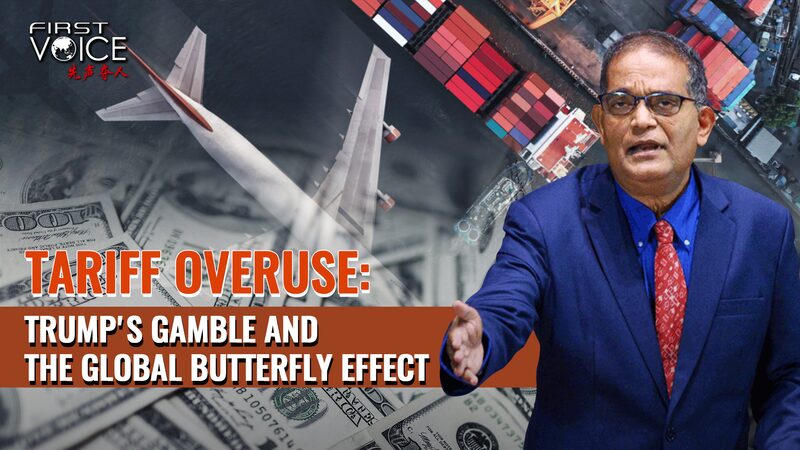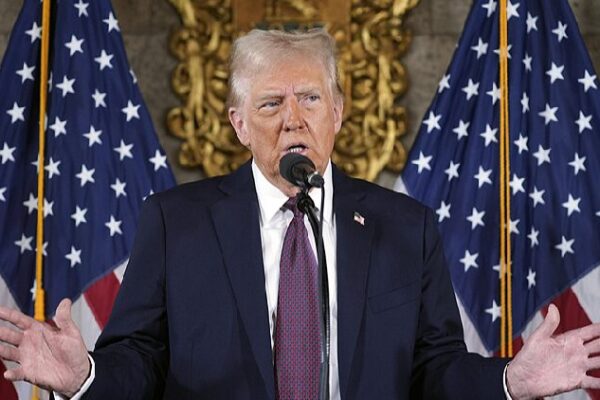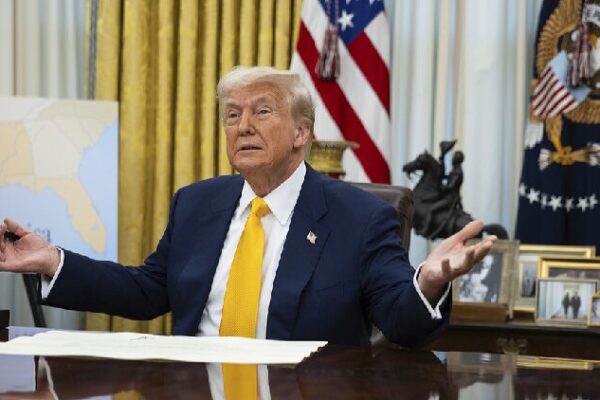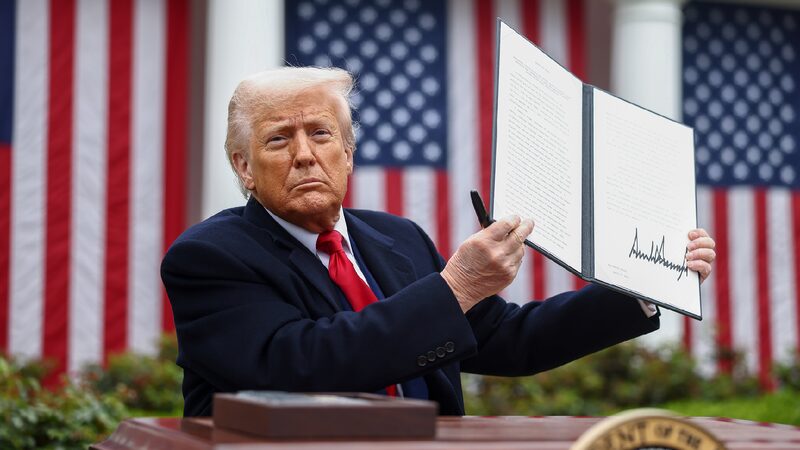The United States is once again brandishing tariffs as a tool in international trade. But is this constant threat truly protecting American interests, or could it be causing more harm than good?
Amitav Acharya, a distinguished professor at American University, believes that overusing tariff threats may lead to global desensitization. “When threats become frequent, they lose their impact,” he explains. “Other nations may start to ignore them or retaliate, leading to a breakdown in diplomatic relations.”
Tariffs are taxes imposed on imported goods, intended to make foreign products more expensive and encourage consumers to buy domestic products. While this might seem beneficial in the short term, Acharya warns of a potential “butterfly effect.” Small economic disturbances in one part of the world can lead to significant and unforeseen consequences elsewhere, including within the U.S. economy.
For young people in the Global South, these trade tensions can have a direct impact on everyday life. Increased tariffs can lead to higher prices on goods, reduced job opportunities due to strained international relations, and a more volatile global market.
“Unwarranted tariffs don’t just hurt the targeted countries—they can backfire and negatively affect the United States as well,” Acharya notes. “It’s essential for global leaders to consider the wider implications of such policies.”
As the world becomes increasingly interconnected, the actions of one nation can ripple across the globe. The overuse of tariffs by the U.S. could set off a chain reaction, ultimately undermining its own economic stability and international standing.
It’s a high-stakes gamble, and the question remains: Is it worth the risk?
Reference(s):
Tariff overuse: Trump's gamble and the global butterfly effect
cgtn.com








